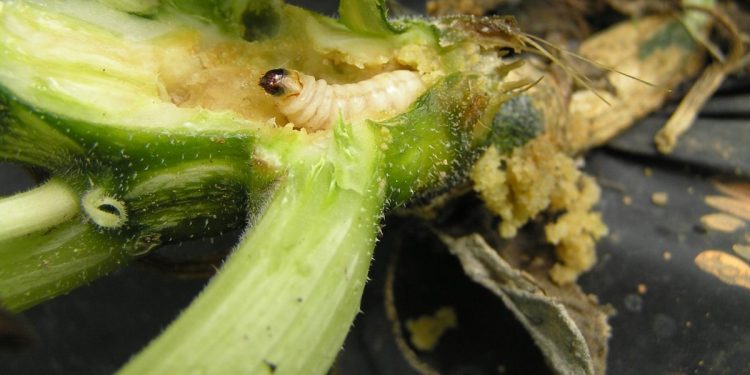#SaveYourSquash #DiaphaniaSpp #SquashVineBorer #GardeningTips #PestControl #NaturalRemedies
If you’re an avid gardener, you may be all too familiar with the squash vine borer, or Diaphania spp. These pests can quickly decimate your squash plants, leaving you with little to harvest. However, with some preventative measures and early detection, you can save your squash from these insidious insects.
Prevention is key when it comes to Diaphania spp. infestations. At the beginning of the growing season, cover your young squash plants with a floating row cover, making sure to seal the edges tightly to prevent any pests from getting inside. You can also plant your squash later in the season when the adult moths have finished laying their eggs. Additionally, rotate your squash plants each year, as Diaphania spp. can overwinter in the soil and emerge again the following year.
Early detection is also crucial in combating Diaphania spp. Look for wilting leaves, frass (insect excrement), or tiny holes in the stems. If you suspect an infestation, carefully slit the stem open and remove any larvae you find. Be sure to dispose of them far away from your garden to prevent reinfestation.
In terms of treatment, there are a few options. You can try spraying your plants with a Bacillus thuringiensis (Bt) solution, which is a natural bacterial insecticide that targets Diaphania spp. larvae. Neem oil can also be effective in preventing adult moths from laying their eggs on your plants.
The consequences of a Diaphania spp. infestation can be devastating for your squash harvest, but with some vigilance and preventative measures, you can save your plants and enjoy a bountiful crop.







